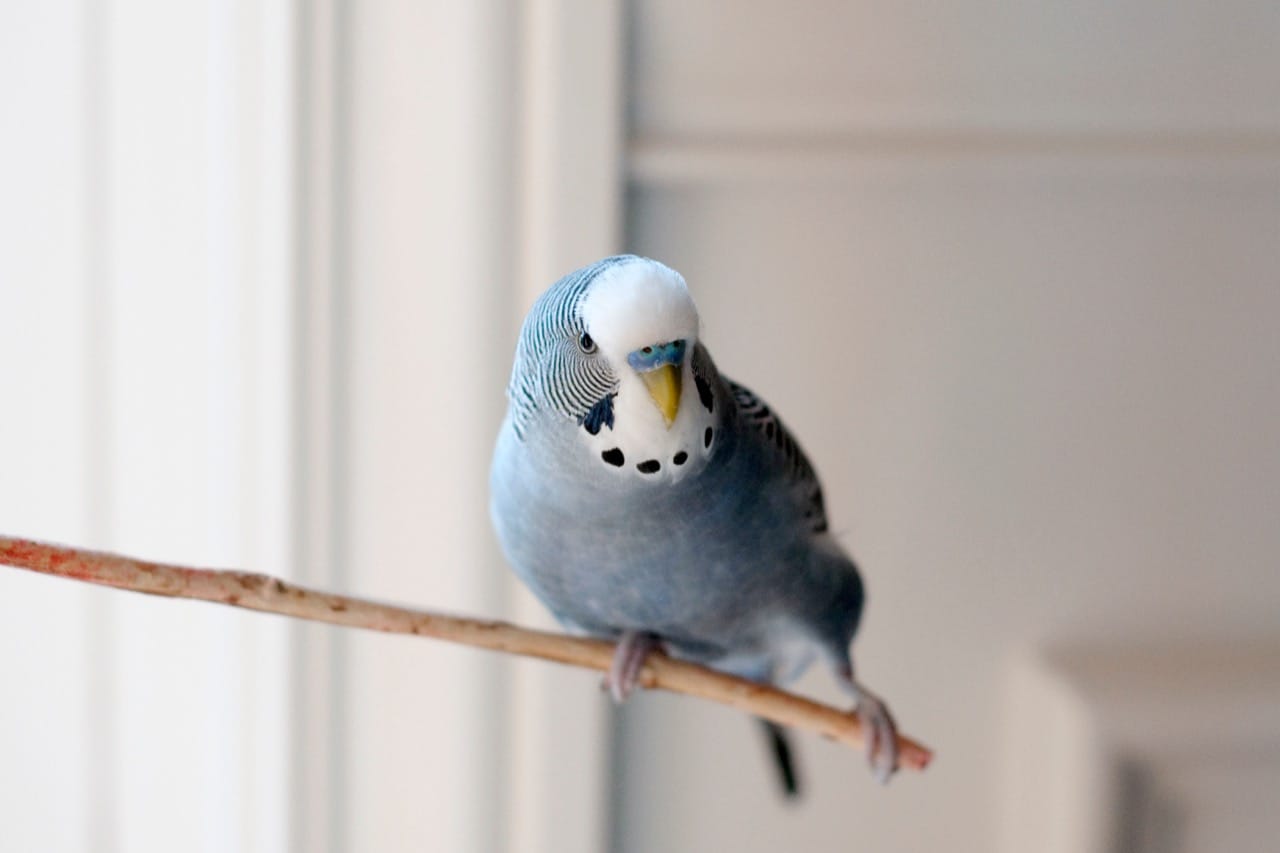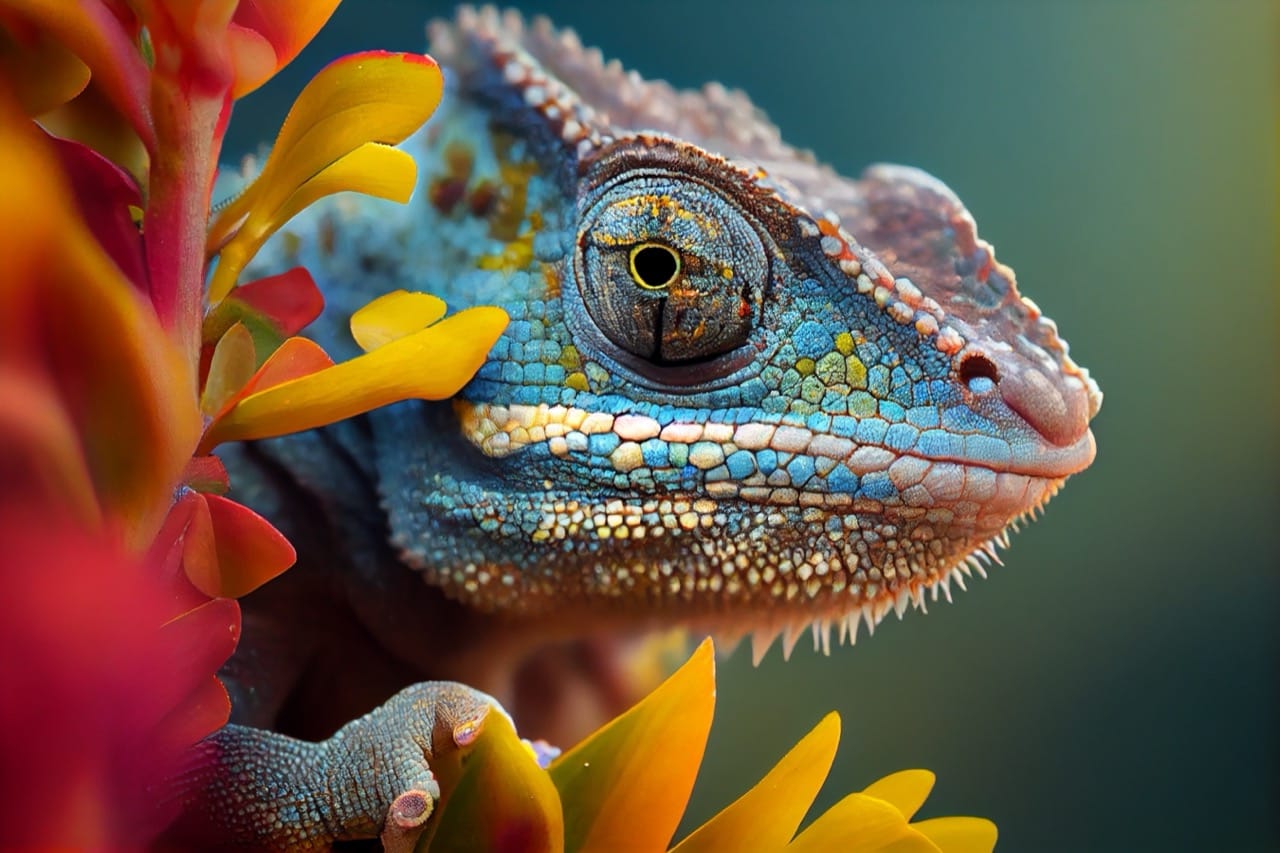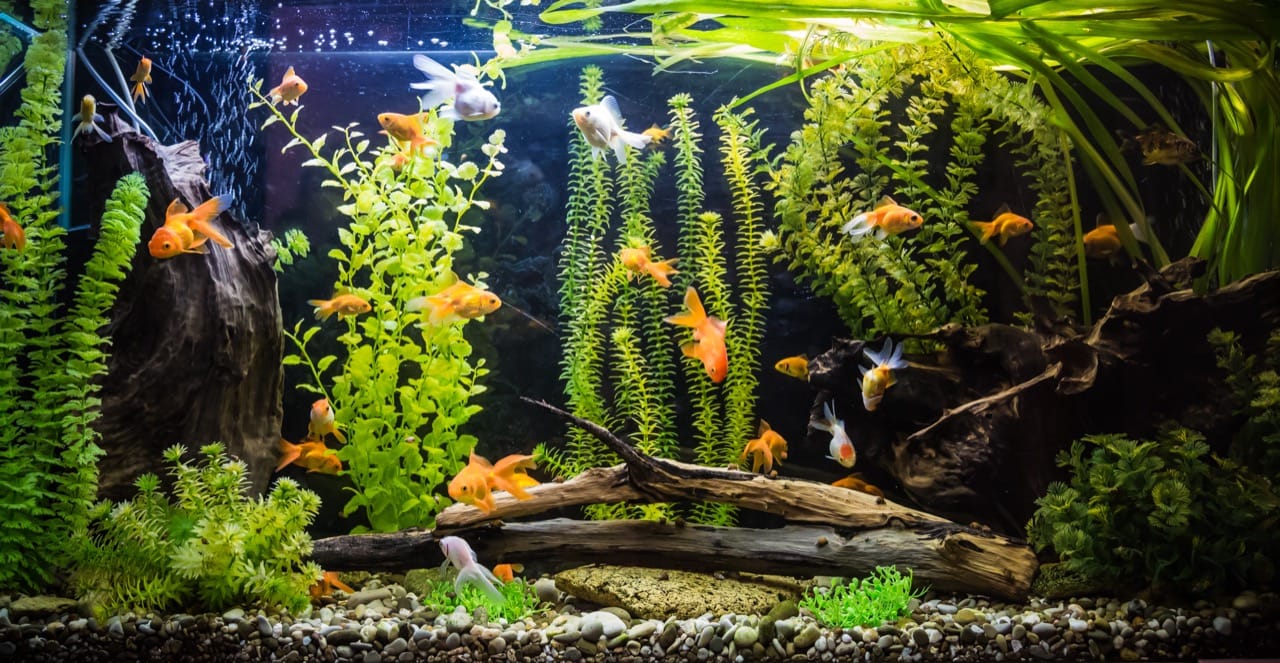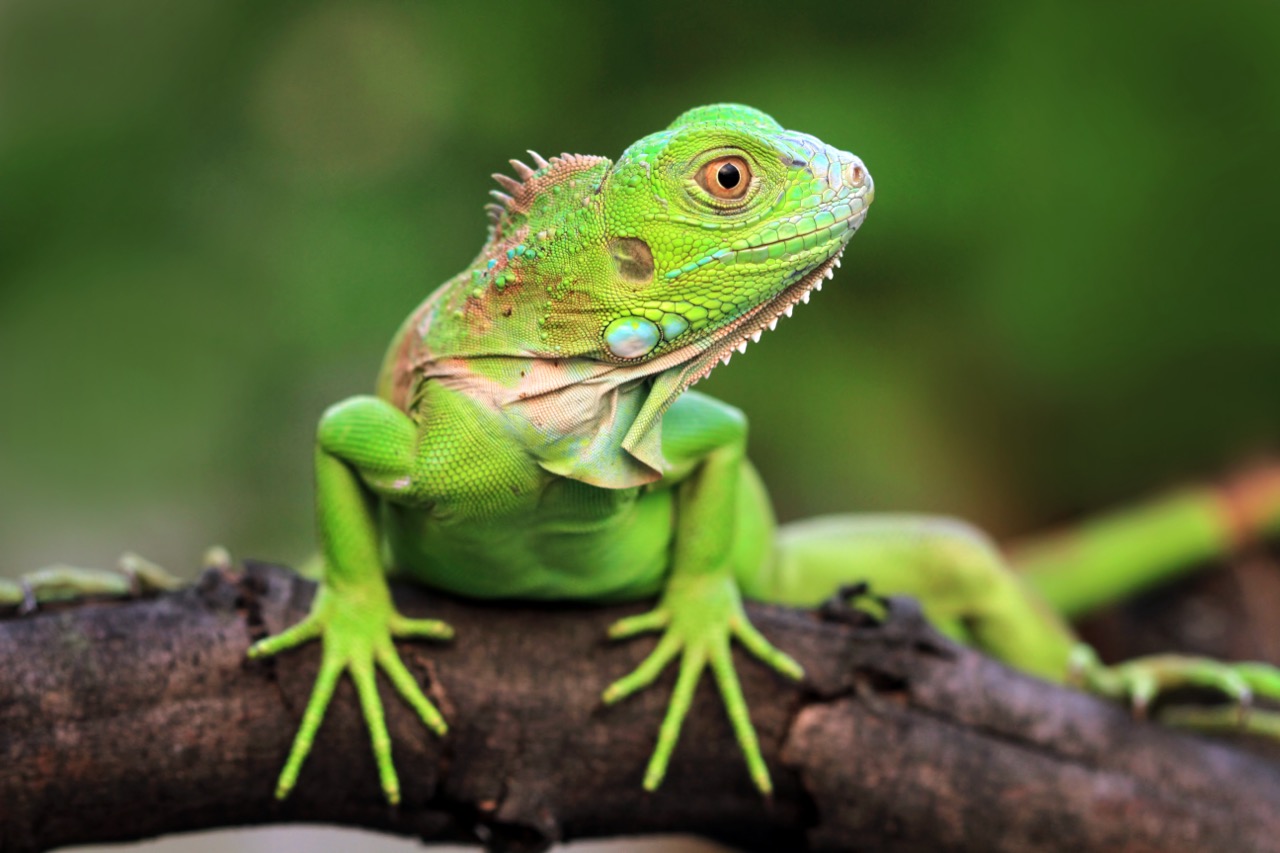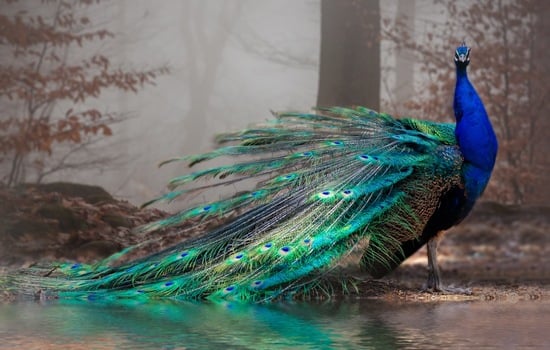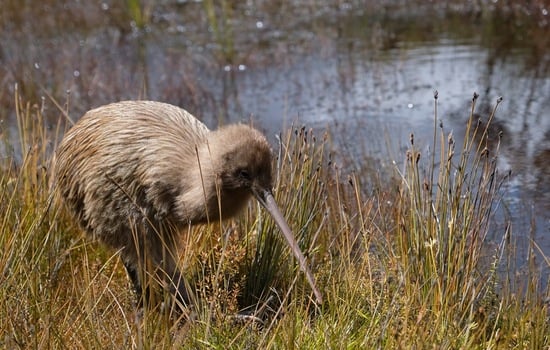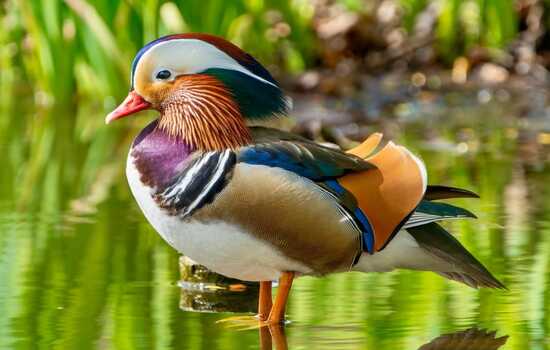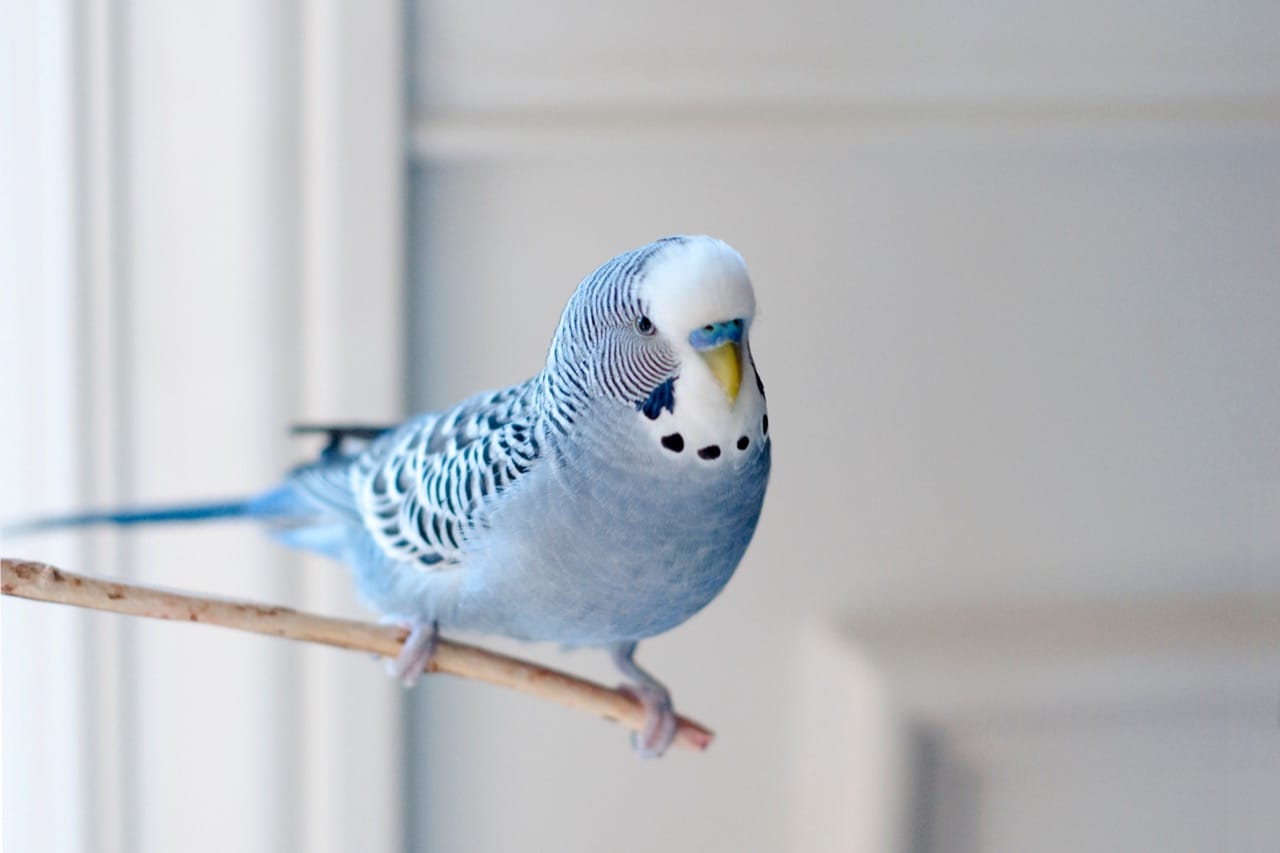
Budgies, also affectionately known as budgerigars or parakeets, are among the most popular pet birds in the world, and it's easy to see why. These small, vibrant, and chatty birds can be a delightful addition to any home, bringing with them a melody of chirps and an array of colors. Before you welcome one of these feathered friends into your life, it's crucial to understand their care requirements thoroughly. Budgies are not just decor; they're companions that, with the right care, can live up to and sometimes beyond 10 years. They're social, intelligent, and, like any pet, require a commitment to their health and happiness. Let's embark on a journey to ensure your budgie sings a tune of joy throughout its life.
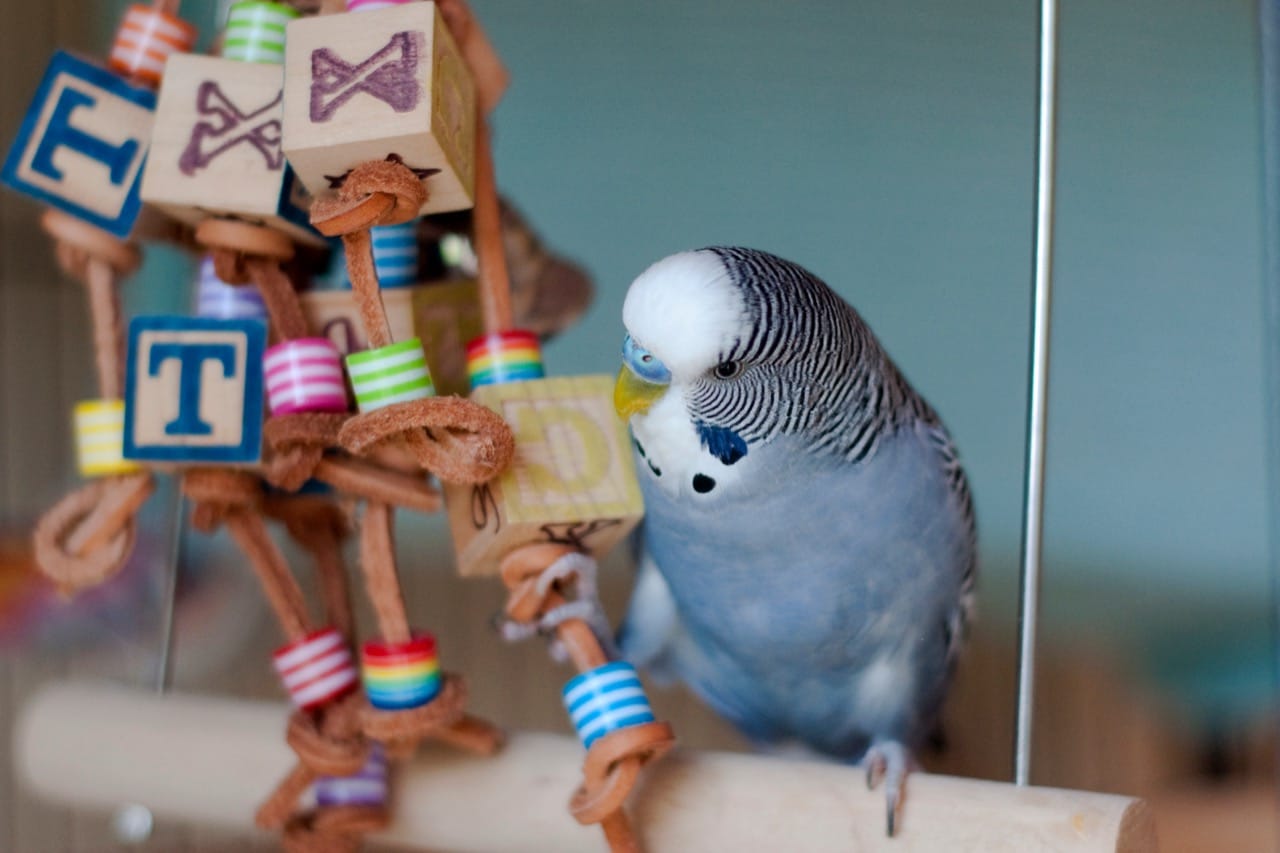
A Parakeet’s Palace: Housing Your Budgie
When it comes to your budgie's accommodation, bigger is always better. A common misconception is that these small birds can thrive in tiny cages. However, budgies are active and playful creatures that need space to spread their wings, literally. A cage for a single budgie should be at least 18"x18"x18", but if you're able to provide a larger habitat, your feathered friend would surely appreciate it. Keep in mind that budgies are highly social animals; therefore, housing two together for companionship is ideal, warranting an even larger cage.
The cage should be equipped with multiple perches of varying textures and diameters to help keep your budgie's feet healthy. Avoid placing the cage directly in sunlight or drafts, and strive for a location that's part of the living area—budgies enjoy being where the action is but also need their quiet, downtime.
What’s on the Menu? Feeding Your Budgie
Budgies are natural foragers, so their diet should be as varied and interesting as possible. Seed mixes designed specifically for budgies are essential, but they should only make up about 50% of their diet. The rest should consist of fresh fruits and vegetables, which not only provide essential nutrients but also keep your budgie entertained. Leafy greens like spinach or kale, along with carrots and apples (make sure to remove the seeds), are excellent choices. Remember, food isn't just nutrition for budgies; it's also stimulation.
Feeding your budgie twice a day, morning and evening, will mimic their natural foraging behavior and help keep their day structured. Always provide fresh, clean water daily, and be mindful of foods that are toxic to budgies, such as avocado, chocolate, and caffeine.
Playtime and Interaction: Keeping Your Budgie Entertained
A happy budgie is an active and stimulated budgie. Toys are not optional; they are necessary for your budgie's mental and physical health. Offer a variety of toys that can be chewed, climbed on, or tinkered with, and rotate them regularly to ward off boredom. Mirrors, swings, and bells are popular, but ensure toys are made from safe, non-toxic materials.
Interaction plays a huge role in your budgie's well-being. These birds thrive on social contact and can become very attached to their human families. Spending time talking to your budgie, teaching it tricks, or simply letting it perch on your shoulder while you go about your daily activities can significantly enrich its life (and yours!).
Health and Safety: Ensuring a Long and Happy Life
Creating a safe environment is crucial for keeping your budgie healthy. The cage must be cleaned regularly, with food and water dishes washed daily to prevent the build-up of harmful bacteria. Budgies are sensitive to air quality, so keep them away from smoke, aerosol sprays, and strong odors.
Annual vet check-ups with an avian vet can help catch any health issues early. Watch for signs of illness, such as changes in eating habits, lethargy, or ruffled feathers, and seek veterinary care promptly if you're concerned. Remember, a healthy budgie is an active and chirpy budgie.
Safety for both the budgie and humans involves ensuring that your budgie cannot escape or come into harm's way by interacting with potentially dangerous household items. Supervision during out-of-cage time is vital, as is bird-proofing any rooms your budgie will have access to.
A Fascinating Feathery Fact
Did you know budgies are capable of mimicking human speech? Male budgies, in particular, are known for their ability to learn and reproduce words and phrases, a testament to their intelligence and social nature.
A Feathered Conclusion
Caring for a budgie requires more than just love; it demands attention to detail, from their diet to their daily interactions. These birds offer a vibrant companionship that, with the right care, can flourish into a beautiful, long-lasting friendship. Remember, a well-cared-for budgie is your ticket to witnessing the true joy and colors these magnificent creatures bring into our lives. Here's to many happy, healthy years with your feathery friend!
